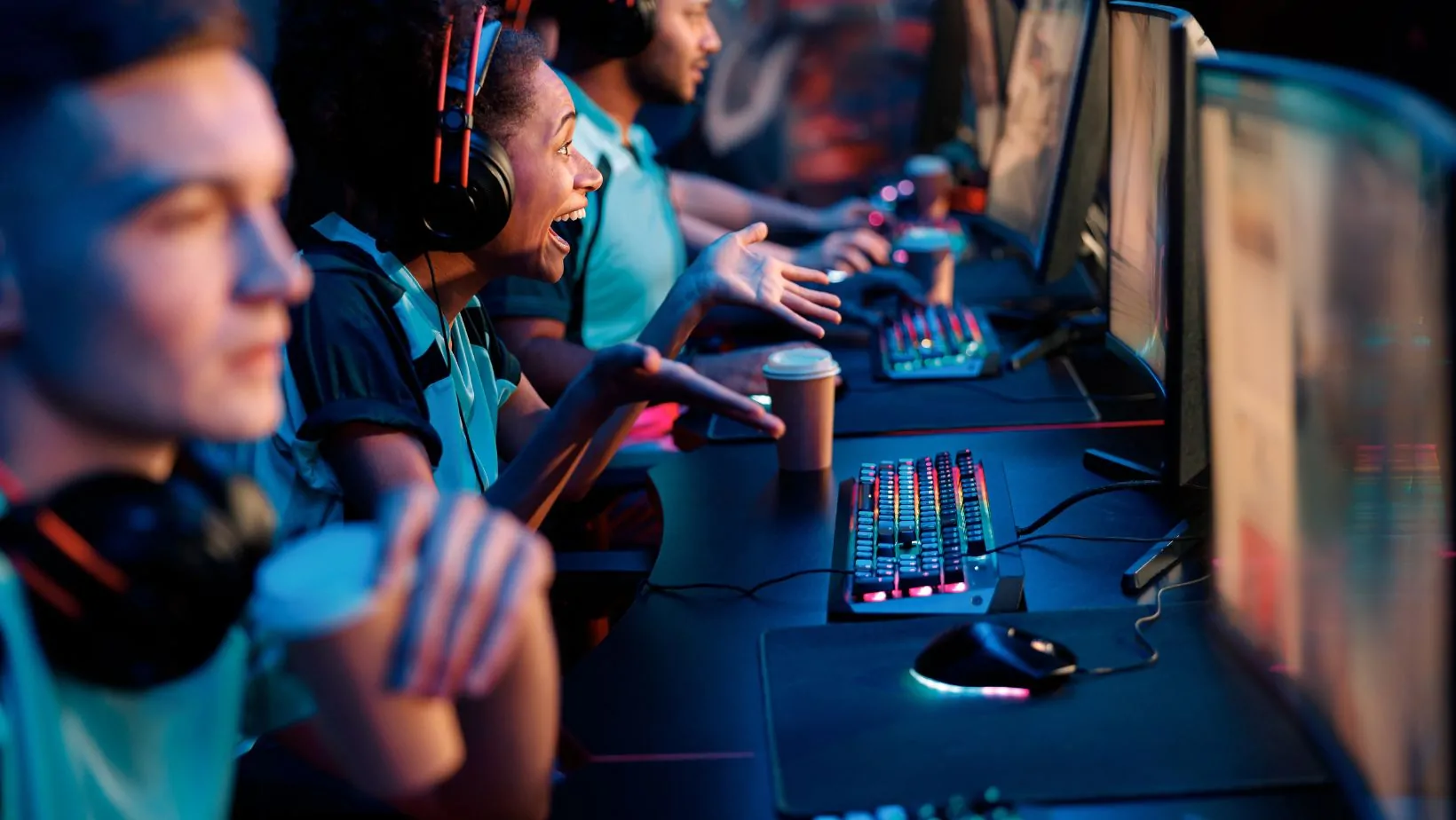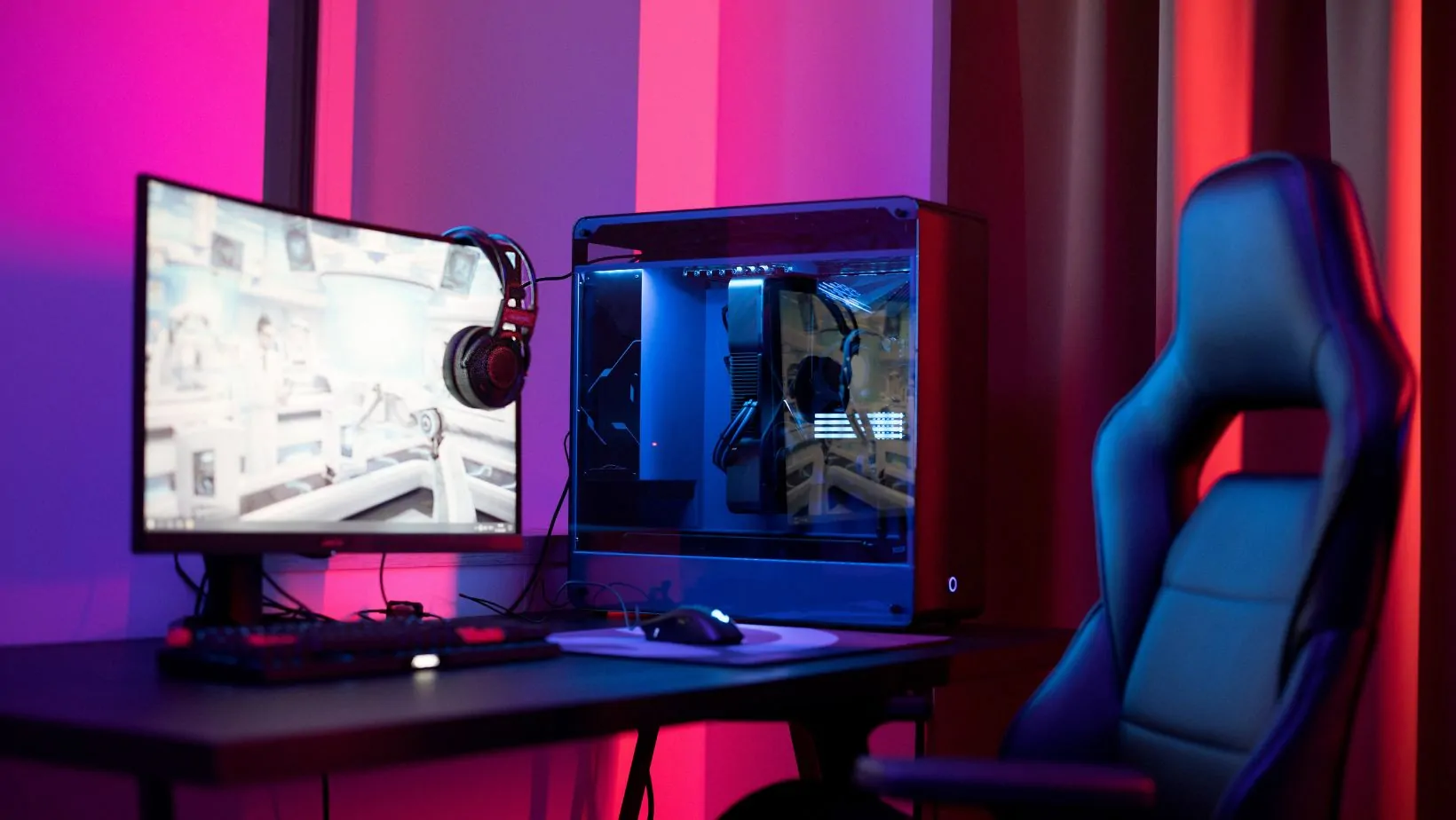
In the dynamic world of gaming, the role of game tools extends beyond mere utilities—they serve as crucial elements that enrich gameplay, facilitate community interaction, and empower players to enhance their gaming experience. This article explores the diverse array of game tools available to players and developers alike, focusing on their impact on gaming culture, competitive play, and the evolution of interactive entertainment.
Game Tools: From Mods to Game Engines
Game tools encompass a wide spectrum of software and utilities designed to enhance various aspects of gaming. Historically, mods (modifications) played a pivotal role in transforming base games by introducing new content, mechanics, and experiences. Games like Half-Life and Quake saw their communities flourish through player-created mods, fostering innovation and extending the lifespan of these titles. Today, game engines such as Unreal Engine and Unity provide developers with powerful tools to create immersive worlds and intricate gameplay mechanics. These engines democratize game development, enabling indie studios and hobbyists to produce high-quality games with professional-grade tools and resources.
For insights into player performance and match statistics, tools like CSGO Stats provide detailed analytics, enhancing the competitive edge for players by offering data-driven insights into gameplay.
Community Creation and Customization
One of the hallmarks of game tools is their ability to empower players to create and customize content. Level editors, character creators, and modding frameworks allow players to personalize their gaming experience, whether through designing custom maps, crafting unique avatars, or scripting new gameplay modes.
Games like Minecraft exemplify the transformative potential of community-driven creation tools, where players build entire worlds, share creations via online platforms, and collaborate on ambitious projects. This participatory culture not only fosters creativity but also strengthens player engagement and community cohesion.
Streaming and Content Creation Tools
The advent of streaming platforms and content creation tools has revolutionized how players interact with games and share their experiences with global audiences. Platforms like Twitch, YouTube Gaming, and Discord provide integrated tools for live streaming, video editing, and community management, empowering gamers to cultivate fanbases and connect with fellow enthusiasts in real time.

Streaming tools such as OBS Studio and Streamlabs enhance the broadcasting experience by offering features like overlays, alerts, and audience engagement widgets. These tools enable streamers to personalize their channels, interact with viewers, and monetize their content through subscriptions, donations, and sponsorships, contributing to the growth of gaming as a spectator sport.
Competitive Gaming and Performance Optimization
In the realm of competitive gaming, performance optimization tools play a critical role in maximizing gameplay responsiveness, frame rates, and overall gaming experience. Graphics optimization software like NVIDIA GeForce Experience and AMD Radeon Software streamline driver updates, optimize game settings, and enable real-time performance monitoring, ensuring that players can achieve peak performance during intense gaming sessions.
Additionally, esports organizations leverage analytics and coaching tools to analyze gameplay data, strategize team compositions, and enhance competitive performance. These tools provide valuable insights into player statistics, match history, and tactical trends, empowering teams to refine strategies, coordinate teamwork, and achieve success in high-stakes tournaments.
The Future of Game Tools and Interactive Entertainment
As gaming continues to evolve, so too will the landscape of game tools and their impact on interactive entertainment. Emerging technologies such as augmented reality (AR), virtual reality (VR), and cloud gaming platforms promise to expand the possibilities for immersive gameplay experiences and collaborative creation tools.

Furthermore, advancements in artificial intelligence (AI) and machine learning may revolutionize game development by automating procedural content generation, enhancing non-player character (NPC) behaviors, and personalizing player experiences based on adaptive algorithms. These innovations have the potential to redefine how games are designed, experienced, and shared across global communities.
In conclusion, game tools are not merely utilities—they are transformative agents that shape the gaming experience, empower creativity, and foster community interaction. From modding and game engines to streaming and performance optimization tools, the diverse array of game tools enriches gaming culture, supports competitive play, and propels the evolution of interactive entertainment into uncharted territories of innovation and immersion.















